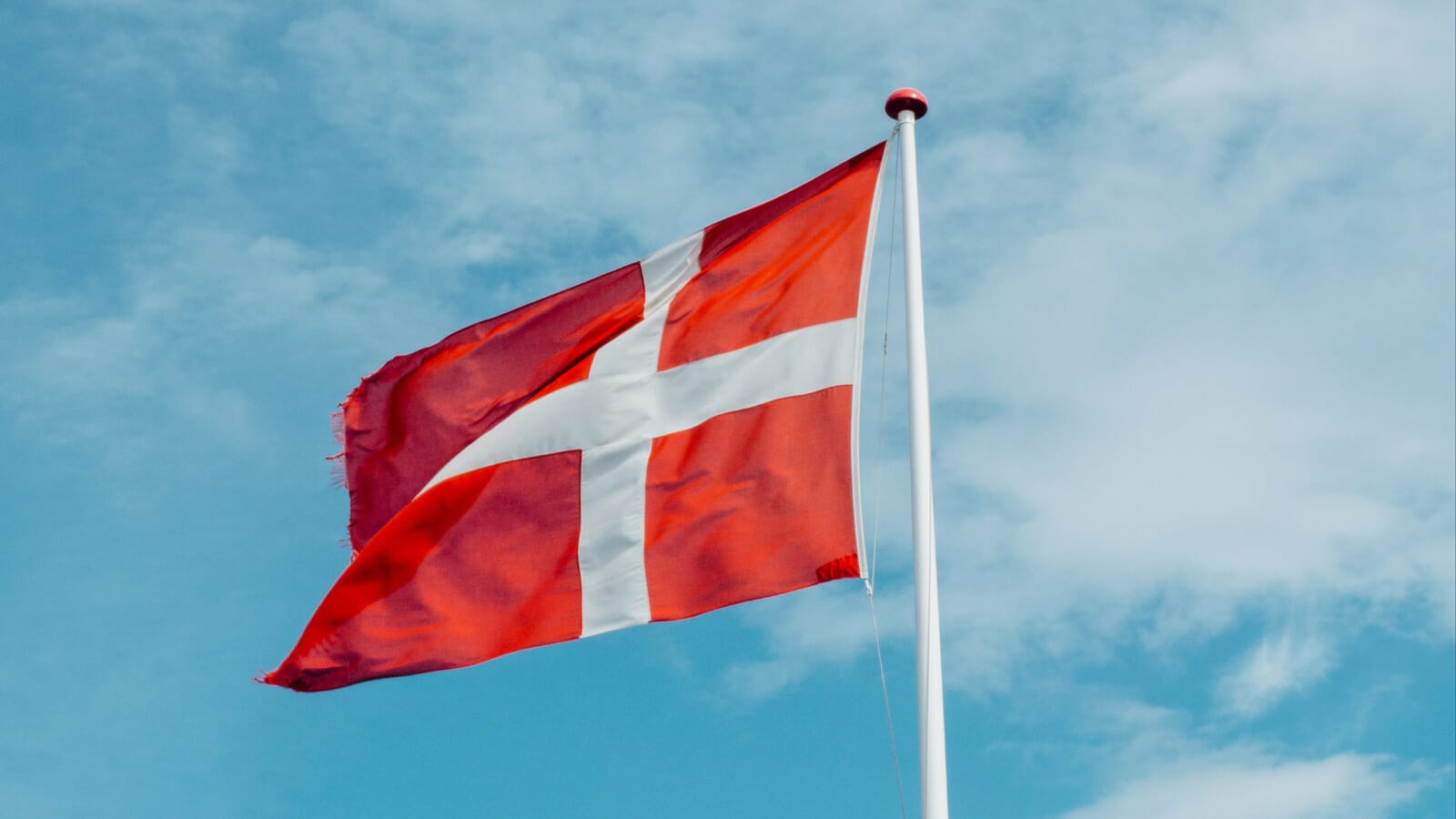A significant transformation is on the horizon for Denmark, and it’s causing quite a stir. Recent legislative changes mean that as of January 1, 2024, the long-celebrated Great Prayer Day will no longer be a public holiday. So what does this mean for businesses, employees and the future of public holidays in Denmark?
What happens to special salary and employment conditions?
Businesses will now need to consider that special salary and employment terms won’t hold true anymore, whether they’re part of agreements, customs, or local understandings. Companies have to rethink how they handle compensation and employment conditions in response to this shift.
Examples:
- Right to time off
- Right to time off with pay
- Special public holiday supplements
Exceptions:
- Savings for visiting holidays
- Savings percentages
- Free choice schemes
Can employers offer their employees the time off?
It has been decided that employers can arrange the hours for their employees, this means that co-drivers can work on the big day of prayer, employees can set the hours at other times or employers can choose to give employees time off.
Employees who have their working hours increased must be compensated. The working time corresponds to one working day, 7.4 hours to a full time employee.
Monthly salary
Wage supplement corresponding to a normal working day, 0.45% of the annual salary.
Paid by the hour
Receives the usual hourly wage for hours worked
How to pay the salary supplement?
If you’re employees are to receive the salary supplement this can be done in one of two ways, either paid out twice a year or paid continuously with the salary.
The supplement is calculated as 0.45% of the usual and fixed predictable salary for the accural period, plus the employers contribution to the pension and plus the anticipated time allowance, on call allowance and availability allowance which are included in the normal fixed salary.
If you pay the salary supplement twice a year:
Earnings from 1st September to 31st May are paid with the salary for May
Earnings from 1st June to 31st August are paid with the salary for August.
If you need any further advice on this subject, please do get in touch.
